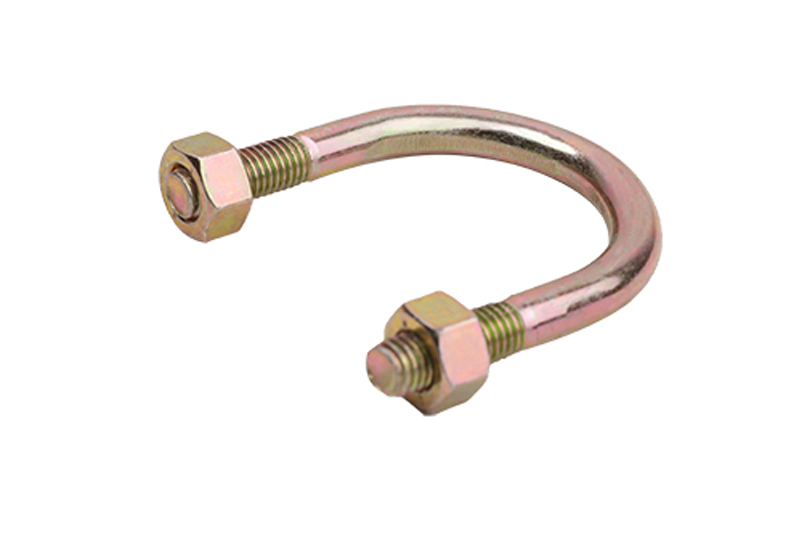When it comes to fasteners, you might have come acros […]
When it comes to fasteners, you might have come across a hexagonal nut. This is the most common type, as it is most versatile and has 6 sides for tools to grip. This allows for 360 degree access to the fastener and makes it easy to tighten. It was first documented around the 1700s, and its versatility has made it a popular choice for a variety of uses. Read on to learn more about hexagon nuts and their many uses.
A hexagonal nut is commonly used for internally threaded fastening. Its hexagonal shape provides a convenient, comfortable place to wrench. It is available in a wide variety of sizes and materials, including carbon steel, stainless steel, nylon, and brass. This fastener can be used across nearly every industry and is widely used in a wide variety of applications. However, not all hexagonal nuts are created equally.
The most common type of hexagon nut is the steel type. They are the most common type of hexagon nut. They are used in a variety of applications, including automotive parts and other fasteners. The metal they are made from determines their strength. When they are tough, they can withstand a lot of heat and withstand a large number of collisions. They are also resistant to rust and corrosion. The most convenient nut to use is the hexagonal one.

Another type of hexagonal nut is the finished hex nut. This type is designed for nonlocking applications with male threaded parts. It is used in conjunction with a hex head bolt or a screw to fasten wood. A finished hex nut is a small yet critical part of any fastening process. It is a key part of your fastening process. It can prevent costly errors and ensure your work is done correctly.
The finished hex nut is the most common type of hexagonal nut. It is used to fasten wood or create a bolted joint. It is small and easy to use. And it is also durable and easy to clean. It is important to ensure that you keep it in good condition to avoid accidental damage. So, if you're using a hexagonal nut for a fastening job, don't forget to invest in a quality one!
Besides its usefulness, a hexagonal nut is also known for its many uses. Its most commonly used function is to fasten small screws. This type of nut is available in various sizes, and is suitable for all sorts of small hardware. The finished hex nut is made of steel, with a maximum carbon content of 0.55%, and minimum manganese and sulfur content of 0.05%.